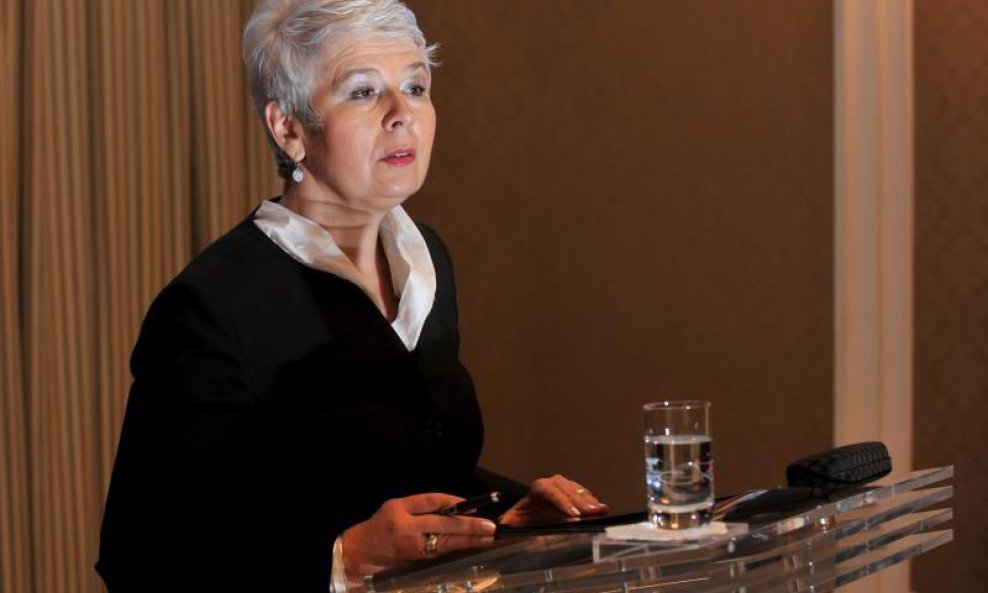The Croatian Parliament on Wednesday morning began its first session this year, with over 60 items on the agenda to be discussed over the next six weeks.
The first item on the agenda was draft amendments to the Electricity Market Act, which had been introduced for adoption under fast-track procedure. The bill proposes that electricity suppliers in Croatia should be allowed to sell electric power to buyers abroad when it is in the country's strategic interest.
The government said that in that way it wanted to ensure continued supply of electricity for the Aluminij factory in Mostar, which in turn would supply the Sibenik-based TLM light metal factory with raw materials necessary for further production.
Addressing MPs during Question Time, Prime Minister Jadranka Kosor rejected speculations that the ruling coalition was considering selling the electric power company HEP and state-owned companies responsible for forestry, water management, and road and highway construction.
"The governing coalition is not discussing the sale of national wealth, but rational behaviour and strengthening the economy," Kosor said in response to a question put by a deputy of the strongest opposition Social Democratic Party (SDP).
Kosor said she was surprised such warnings were coming from the SDP, because while it had been in power many companies and banks had been sold, citing the HT telecommunications company, Rijecka Banka, Splitska Banka, Privredna Banka Zagreb, and 25 per cent plus one share of the INA oil and gas company.
Kosor said that Croatia was slowly coming out of the crisis, citing indicators of growing exports, declining imports, increasing retail sales, increasing household savings, and growing GDP after six consecutive quarters of decline.
Before the session, the Croatian Association of Trade Unions (HUS) called on MPs to endorse the proposed amendments to the Electricity Market Act. It said that the amended law would regulate the issue of electricity supply for Aluminij Mostar and the supply of raw materials for TLM Sibenik, which would help a thousand TLM workers and hundreds of others who are technologically tied to the Sibenik factory to keep their jobs.


































